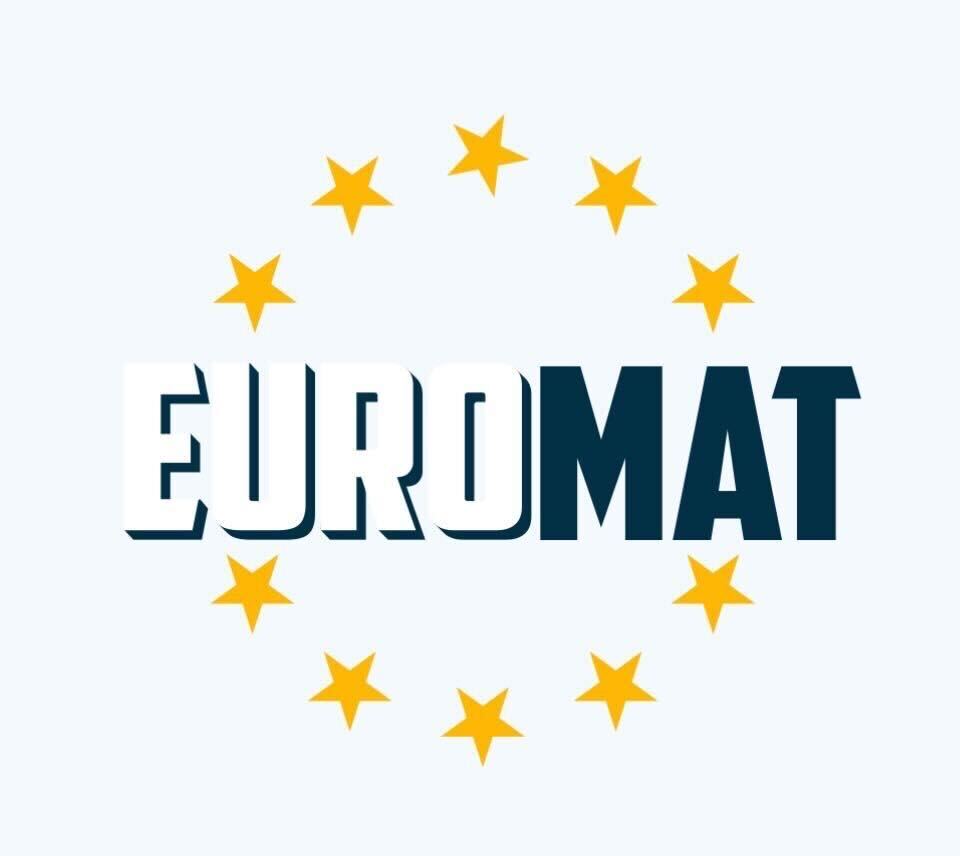This Thursday is the day of the big lead candidate debate in the European Parliament – perhaps the moment in the election campaign when the European parties are most visible. But it's not just the leaders that matter. The parties have also adopted EU-wide manifestos setting out their policy proposals for the next legislature.
It is not possible to vote directly for European parties in the elections; only their national member parties appear on the ballot paper. But the Europarties still play an important role. Since no national party can be successful in the European Parliament without its sister parties from other member states, European political persuasion work usually begins within one’s own parliamentary group. The manifestos of the European parties thus show what their various national member parties can agree on.
EUROMAT has been created to help you better understand these European positions. It works in a similar way to well-known electoral compasses (such as the Dutch StemWijzer or the German Wahl-O-Mat), but focuses on European rather than national parties. It allows you to compare your views on 20 European policy statements with those of nine European parties: ECR, EPP, ALDE, EDP, PES, EGP, EFA, EL and Volt. You can also see how the parties justify their positions.
EUROMAT is a joint information service of the citizens’ initiative Pulse of Europe, the grassroots think tank Polis 180 and the blog Der (europäische) Föderalist.
You can read more about the creation of the EUROMAT here. The EUROMAT is embedded into this blog via the euromat.info website. Hardly any personal data is collected during its use; in particular, the answers entered by users are not stored. The corresponding privacy policy can be found here.

Keine Kommentare:
Kommentar veröffentlichen
Kommentare sind hier herzlich willkommen und werden nach der Sichtung freigeschaltet. Auch wenn anonyme Kommentare technisch möglich sind, ist es für eine offene Diskussion hilfreich, wenn Sie Ihre Beiträge mit Ihrem Namen kennzeichnen. Um einen interessanten Gedankenaustausch zu ermöglichen, sollten sich Kommentare außerdem unmittelbar auf den Artikel beziehen und möglichst auf dessen Argumentation eingehen. Bitte haben Sie Verständnis, dass Meinungsäußerungen ohne einen klaren inhaltlichen Bezug zum Artikel hier in der Regel nicht veröffentlicht werden.